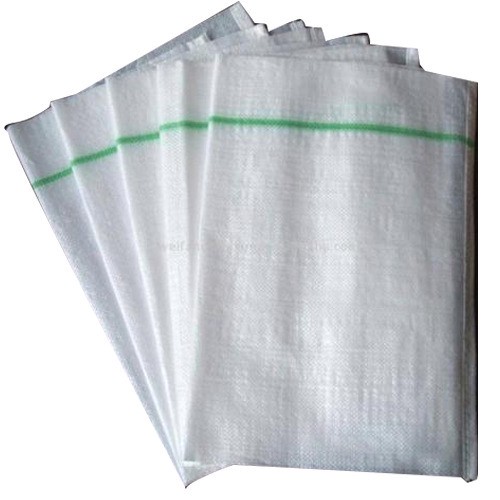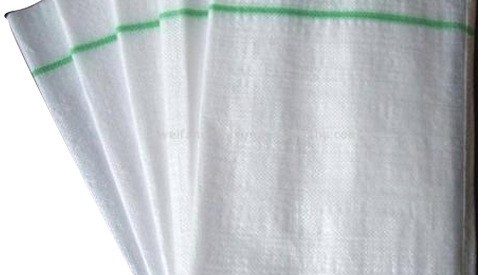
The world of packaging and packaging materials is incredibly diverse and the sheer number of products offered by your PP woven bags manufacturer can leave you confused when it comes to the right type to choose for your application. Non-woven and woven polypropylene bags are popular options for product packaging. While PP bags are made out of the same type of plastic resin, they differ in the way that they are formed. Woven polypropylene consists of PP plastic threads that are woven together, creating a durable material with a great deal of flexibility and strength. Non-woven polypropylene bags, on the other hand, are bonded together instead of woven, so that plastic fibers are fused together using heat and pressure. Both processes produce durable and dependable bags for all kinds of packaging applications. Woven polypropylene bags are the more popular option for many packaging requirements. To create a woven PP bag, manufacturers extrude plastic film and draw them into filaments, which are then woven (warp and weft style) into large sheets. The resulting fabric can be used to create all kinds of products from tarpaulins to container bags, woven bags, geotextile fabrics, and other such types of materials. Woven PP bags have the tendency to fray at the edges, although seasoned PP woven bags manufacturer usually apply techniques to counter the fraying and ensure the bag?s structural integrity. Polypropylene, which is the most common plastic resin used to manufacture packaging materials, is a thermoplastic substance that results from the polymerization of propylene. While non-woven PP bags also offer excellent durability, woven bags create a heavier duty material that can withstand much larger weights. Polypropylene is a good choice for packaging because of its unique properties. Not only is this particular plastic resin non-toxic ? it is also 100% durable and reusable. PP bags are non-staining, easy to clean, and have antibacterial properties. They also have a low density, making these bags lightweight and breathable. When finished with a laminated film, PP bags become waterproof, which helps protect contents from moisture. Agricultural producers as well as product manufacturers choose polypropylene bags over other types of packaging materials because these bags are highly economical and easy to produce. Moreover, PP bags are eco-friendly options that are reusable, thanks to their excellent resistance to damage from physical stress and all kinds of potentially damaging elements like organic solvents, degreasing agents, acids, alkalis, and the like.


